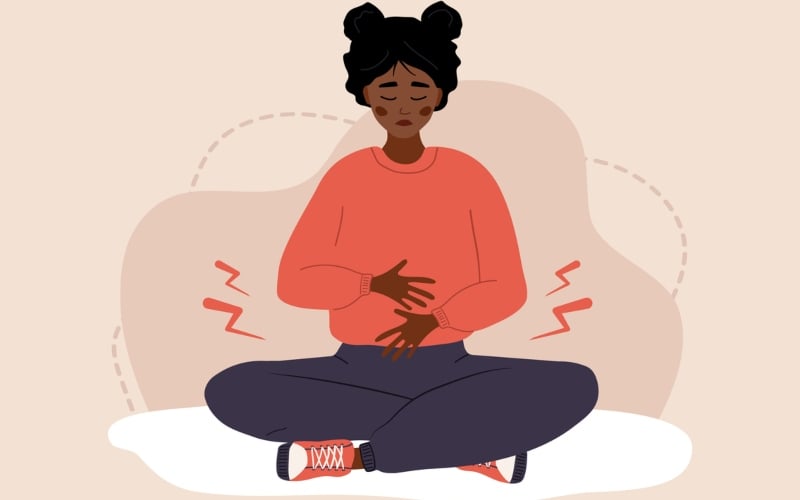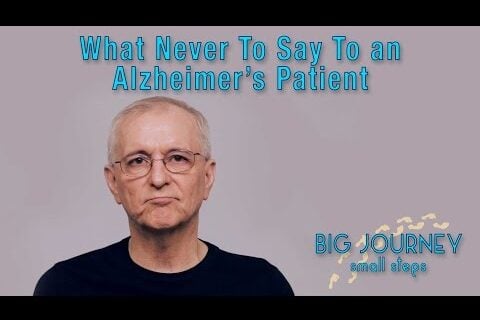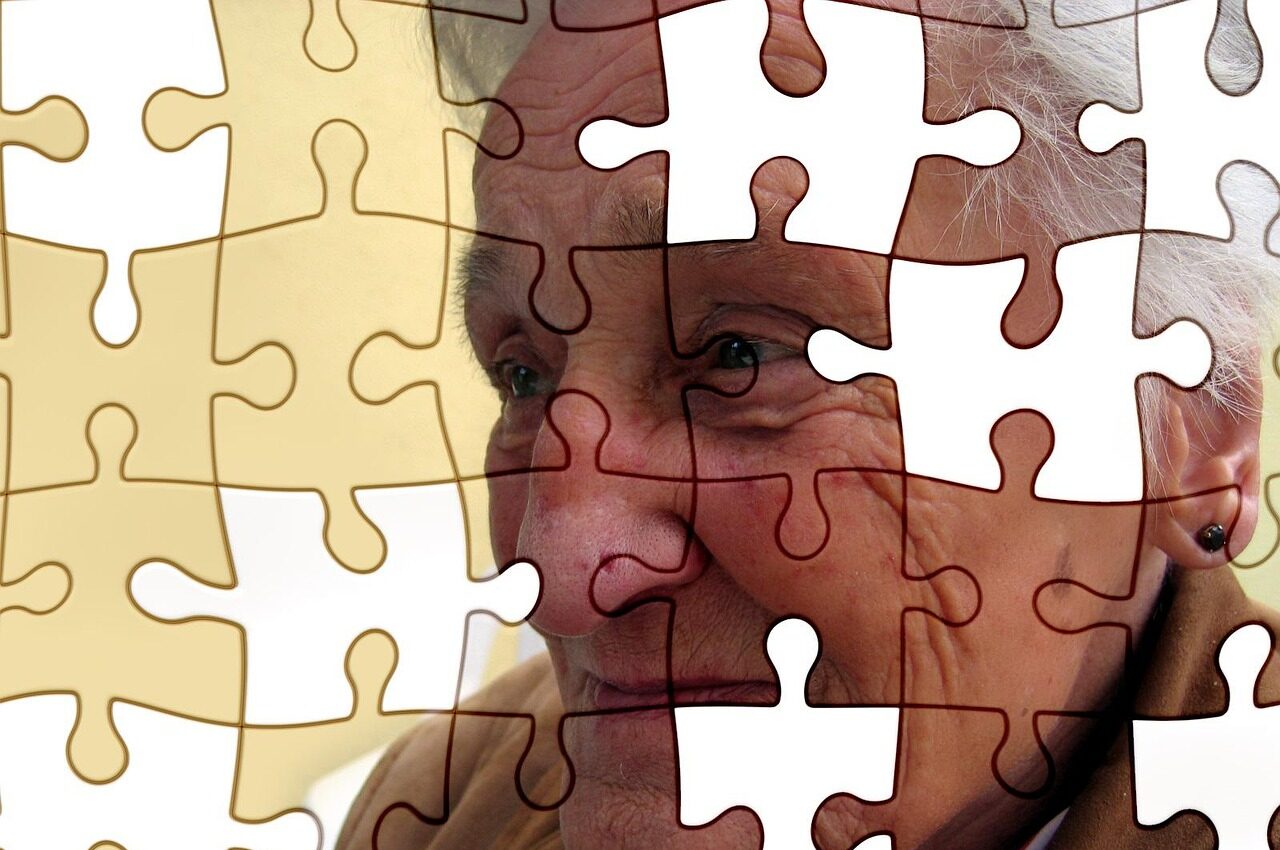 Author: Sarah ReganJanuary 25, 2023
Author: Sarah ReganJanuary 25, 2023 mbg Spirituality & Relationships EditorBy Sarah Reganmbg Spirituality & Relationships EditorSarah Regan is a Spirituality & Relationships Editor, and a registered yoga instructor. She received her bachelor's in broadcasting and mass communication from SUNY Oswego, and lives in Buffalo, New York.Take the human emotion quizEmotion typesThe emotion wheelThe 4 basic emotionsInterpreting your resultsFAQImage by Inti St. Clair / StocksyJanuary 25, 2023
mbg Spirituality & Relationships EditorBy Sarah Reganmbg Spirituality & Relationships EditorSarah Regan is a Spirituality & Relationships Editor, and a registered yoga instructor. She received her bachelor's in broadcasting and mass communication from SUNY Oswego, and lives in Buffalo, New York.Take the human emotion quizEmotion typesThe emotion wheelThe 4 basic emotionsInterpreting your resultsFAQImage by Inti St. Clair / StocksyJanuary 25, 2023We all experience emotions differently, and certain emotions may present more strongly depending on the person.
According to clinical psychologist Nicole Beurkens, Ph.D., CNS, an individual may have a tendency to move toward certain emotions more frequently, or they may more strongly identify with a specific emotion.
Advertisement
This ad is displayed using third party content and we do not control its accessibility features.Whether it's joy, grief, anger, or fear, knowing which emotions are strongest in you can not only help you understand yourself more deeply—but also make changes if those emotions aren't serving you.
Curious which emotion is steering your ship? Here's an emotions quiz to find out, plus how to work with your results.
The human emotions quiz.
This 15-question human emotions quiz was developed not to find out what mood you're in right now, but which emotion seems to be the primary driver behind your mindset and actions. Take your time reflecting on the questions, and be honest with your responses.
What emotion am I?
Joy
You are a joyful person. Even when things go wrong, you still have a capacity for positive emotions like happiness, awe, wonder, curiosity, and peace. Your day-to-day life is likely colored with these more positive emotions, and you are probably resilient in the face of emotions like grief, stress, and anger.
Sadness
You are someone who carries sadness in a deep and personal way. You may be particularly nostalgic, somber, or otherwise down. In extreme cases, you may be feeling depressed. There's nothing wrong with having a deep capacity for sadness, and in fact, it may give your life more meaning in the long run. If your sense of sadness is interfering with your wellbeing, you may benefit from working with a mental health professional.
Anger
Your responses indicate you are an angry person. There is much to be angry about in this world, and your first reaction is likely to get fired up about things. Anger can be a useful tool when it comes to taking action or standing up for yourself, but try not to let it sink so deep that you miss out on the more enjoyable parts of life or take everything as a personal affront. Working with a mental health professional can also help you get to the root of your anger.
Fear
You are a fearful person. Fear is necessary to keep us safe and protected, but it can also become so engrained that it holds us back. Fear keeps you in your comfort zone, which is, of course, comfortable, but doesn't allow for growth and may limit your experiences. Working with a mental health professional can help you unpack your fears so you can move beyond them.
Which color matches your mood most of the time?
How do you experience grief?
How do you respond to someone else's road rage?
Which of these statements sounds the most like you?
Do you experience happiness easily?
Are you short-tempered?
What kind of music do you gravitate towards?
What worries you the most?
What is your relationship with risk like?
When would you be most likely to cry?
Which season feels the most like you? (Not necessarily your favorite season.)
What is your preferred movie genre?
Which of these statements would illicit the strongest emotional response from you?
What are you like in relationships?
Last question—which emotion do you think is the strongest in you?
Advertisement
This ad is displayed using third party content and we do not control its accessibility features.How many types of emotions are there?
Emotions are defined by the Oxford Dictionary as "a natural instinctive state of mind deriving from one's circumstances, mood, or relationships with others." Depending which psychological theory or research study you reference, there are anywhere from four to 34,000 emotions—and neither would really be wrong.
One 2019 study published in the journal Frontiers in Psychology1, for example, suggests there are four types of basic emotions: happiness, sadness, fear, and anger. But when we start to dig a little deeper, we understand that happiness can encompass everything from joy to curiosity to love, while fear can encompass everything from anxiousness to dread to panic.
Additional research has identified 27 main emotions, while another popular theory of emotions developed by psychologist Robert Plutchik, Ph.D., holds that humans have the capacity to experience over 34,000 unique emotions. Plutchik and other theorists have often depicted these various types of feelings as an emotion wheel, such as the one below:
 Image by Illustration by Grace Lee / mbg Creative
Image by Illustration by Grace Lee / mbg CreativeAdvertisement
This ad is displayed using third party content and we do not control its accessibility features.That said, many of the more specific emotions we experience do tend to be a "sub-emotion," so to speak, of those aforementioned primary four emotions.
The 4 basic types of emotions:
1.Happiness
Happiness includes everything from feeling joyful, inspired, creative, open, and so much more. As Beurkens tells mindbodygreen, there are, indeed, people who operate from a happy or otherwise content state of mind. "They live from a place of having more internalized joy and looking for the joy," she explains.
A few emotions that would fall under happiness include:
- Excited
- Vibrant
- Energetic
- Playful
- Amused
Advertisement
This ad is displayed using third party content and we do not control its accessibility features.2.Sadness
According to Beurkens, sadness is often very misunderstood, and if you've ever heard the expression, "Depression is living in the past, anxiety is living in the future," this explains a lot. As Beurkens notes, "A lot of what people attribute to sadness in their life is actually more accurately labeled as grief. Depression tends to be grief, regret, guilt, resentment—which is all about stuff that's already happened."
Some emotions that would fall under sadness include:
- Lonely
- Ashamed
- Guilty
- Regret
- Apathetic
Advertisement
This ad is displayed using third party content and we do not control its accessibility features.3.Fear
Just as sadness can be interpreted as living in the past, fear would be living in the future or namely, a negative anticipation of future events. As Beurkens explains, "Some people absolutely identify with being afraid of everything, often on a very subconscious level. They don't realize that they've taken it on as their identity and that fear drives most of how they view the world and how they behave in it."
Some other emotions that fall under fear include:
- Anxious
- Insecure
- Embarrassed
- Helpless
- Apprehensive
Anger
Anger is defined as "a strong feeling of annoyance, displeasure, or hostility," and according to Beurkens, we can become angry so often that it begins to permeate our thought processes unconsciously. An angry person may get easily frustrated, hostile, or antagonistic, whereas a more peaceful person may be less emotionally reactive in that way.
Some other emotions that would fall under anger include:
- Hostile
- Enraged
- Disgusted
- Annoyed
- Hateful
Interpreting your results.
If you're not pleased with your quiz results, the good news is, it doesn't have to be a forever thing. As Beurkens explains, "We may have a tendency towards [certain emotions], but those are modifiable—we can do work to shift those driving emotions, which is the fun and hopeful part," adding that the more we're able to live in the here and now, "the better adjusted we tend to be, and the better regulated we are around our emotions."
Regardless of your quiz results, Beurkens makes it clear that it's normal and healthy to experience the full range of human emotions, and we shouldn't try to avoid them—even the negative ones. "The goal is to be able to regulate these emotions for ourselves, to not stay stuck in them," she says, noting that even staying in the realm of only positive emotions can lead to emotional suppression.
The takeaway.
Emotions are an inherent part of the human experience, and even the emotions we tend to label as "negative" deserve their own recognition and compassion. No matter your quiz results, what counts is how well you're able to integrate (and regulate) the emotions you feel, in order to create a life that's meaningful to you.
 Sarah Reganmbg Spirituality & Relationships Editor
Sarah Reganmbg Spirituality & Relationships EditorSarah Regan is a Spirituality & Relationships Editor, a registered yoga instructor, and an avid astrologer and tarot reader. She received her bachelor's in broadcasting and mass communication from State University of New York at Oswego, and lives in Buffalo, New York.











